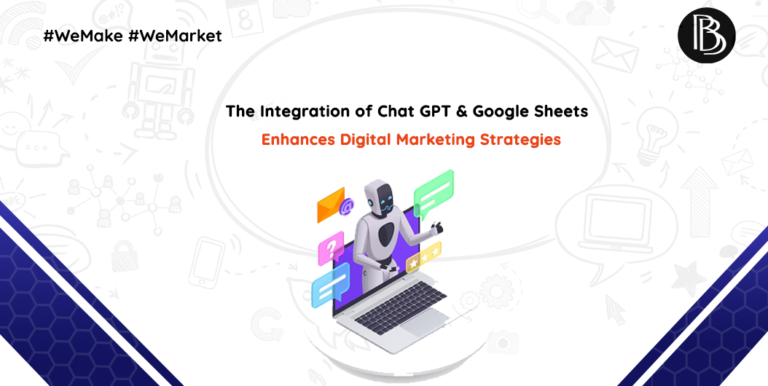The Future of Football: The AI and ML Revolution on the Pitch
Football, the world’s most popular sport, has always relied on the blend of skill, strategy, and teamwork to achieve success on the pitch. However, as we approach 2023, the game is on the verge of a technological revolution that will forever change how it is played and coached. Artificial Intelligence (AI) and Machine Learning (ML) are poised to be the driving forces behind this transformation. The impact of AI and ML on football will be multifaceted, with their sophisticated algorithms analyzing player performance data, enabling predictive analysis, and developing personalized training programs for individual players. In this blog, we will delve into how AI and ML are set to revolutionize the beautiful game, with a spotlight on the innovative use of technology by Al Nassr, Arsenal, and Barcelona. Additionally, we will explore one more recent example of a football team leveraging technology to enhance their efficiency and elevate their game.
Analyzing Player Performance: The Key to Unlocking Potential
In 2023, AI and ML will be instrumental in analyzing player performance data like never before. These technologies will go beyond basic statistics to assess every aspect of a player’s game, from speed and agility to decision-making and positioning. The detailed insights provided by AI algorithms will empower coaches and players to identify strengths to capitalize on and weaknesses to address during training.
Al Nassr, a prominent football club in Saudi Arabia, has been among the pioneers in harnessing the power of AI and ML to analyze player performance data. By combining traditional scouting methods with data-driven analysis, Al Nassr’s coaching staff can make informed decisions about player selection and tactics, leading to more efficient and successful gameplay.
Tactical Advancements: Anticipating Opponent Moves
One of the most exciting applications of AI and ML in football is predictive analysis. Coaches and players can use historical data and real-time match statistics to anticipate the movements and tactics of opposing teams. This invaluable information allows teams to strategize with greater precision, making adjustments during games to gain a competitive advantage.
Arsenal and Barcelona, two football giants with rich histories, have embraced AI and ML to enhance their tactical brilliance. Armed with data-driven insights, Arsenal and Barcelona’s coaching staff can devise more effective game plans tailored to exploit the weaknesses of their opponents. In high-stakes encounters like Arsenal vs. Barcelona, the data-driven approach could be the deciding factor.
Personalized Training: Unleashing Individual Potential
AI and ML will play a significant role in creating personalized training programs for football players. By analyzing vast amounts of data, including individual player performance metrics and biometric data, technology can identify specific areas for improvement and tailor training routines accordingly.
Barcelona, renowned for its emphasis on player development, has been a pioneer in utilizing technology for personalized training. By leveraging AI-driven performance analysis, Barcelona’s coaching staff can provide targeted feedback to players, allowing them to focus on refining specific skills. The result is a team of players who continually evolve and contribute to the overall efficiency and success of the club.
Injury Prevention and Player Management
Injuries are an unfortunate part of football, often impacting team performance and player careers. AI and ML offer new ways to prevent injuries and manage player health effectively. By analyzing players’ biometric data and tracking their physical metrics, AI can detect patterns that may indicate an increased risk of injuries. Coaches and medical staff can use this information to implement preventive measures and manage player workload to minimize injury occurrences.
As for our recent example, Manchester City Football Club has made significant strides in injury prevention through technology. By utilizing wearable technology and AI-powered analytics, Manchester City can monitor players’ physical condition during training and matches. The data collected helps the medical team assess player health and identify potential issues early, leading to more effective injury management and reduced downtime for key players.
Conclusion
As we step into the future, the impact of AI and ML on football cannot be overstated. The game will witness a transformation like never before, with technology revolutionizing player analysis, tactical preparation, personalized training, and injury prevention. Clubs like Al Nassr, Arsenal, and Barcelona have embraced these technological advancements, leveraging AI and ML to gain a competitive edge and enhance the overall football experience.
As more football teams follow suit, the beautiful game will continue to evolve, becoming faster, smarter, and more efficient. The synergy between football and technology will continue to push the boundaries of what is possible on the pitch, delighting fans worldwide and raising the bar for excellence in the sport. In the coming years, football will be defined by its ability to blend traditional elements with cutting-edge technology, ensuring that the legacy of the beautiful game endures for generations to come.







